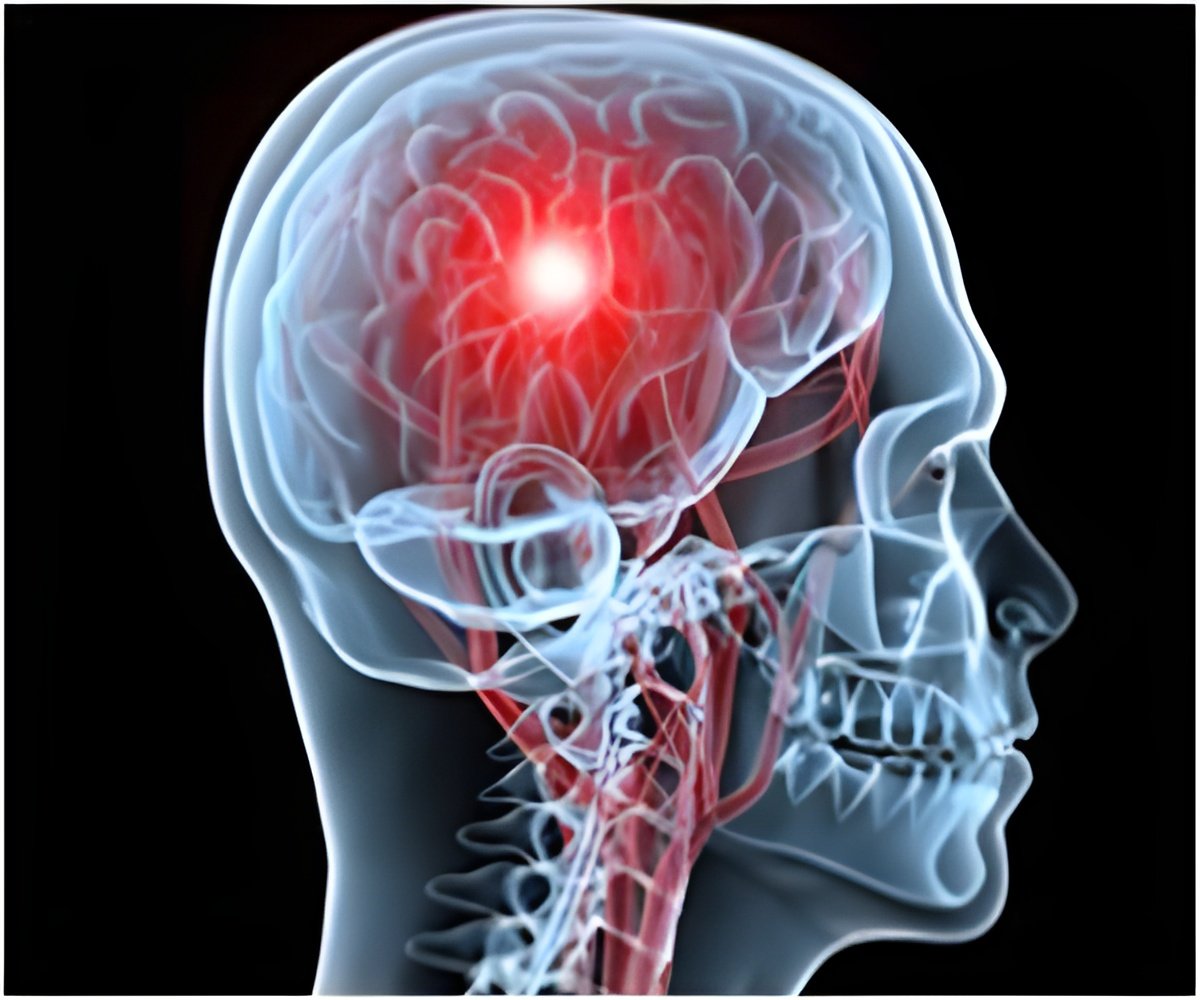
The method of Deep Brain Stimulation had already been tested on various structures within the brain, but with clearly lesser effect.
The results of this new study have now been published in the international journal Biological Psychiatry.
"The effects, as well as the speed of the response has so far not been achieved with any other method," says Prof. Dr. Thomas E. Schlapfer from the Bonn University Hospital Department of Psychiatry and Psychotherapy.
Source-IANS













